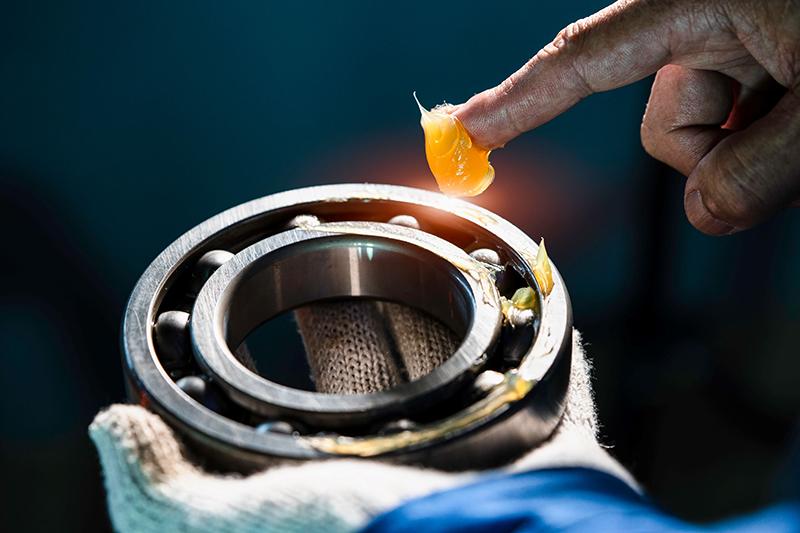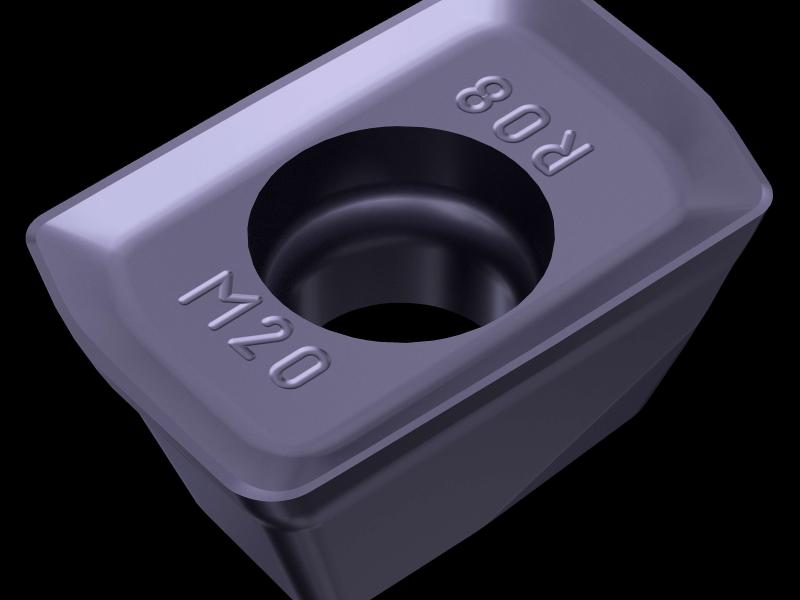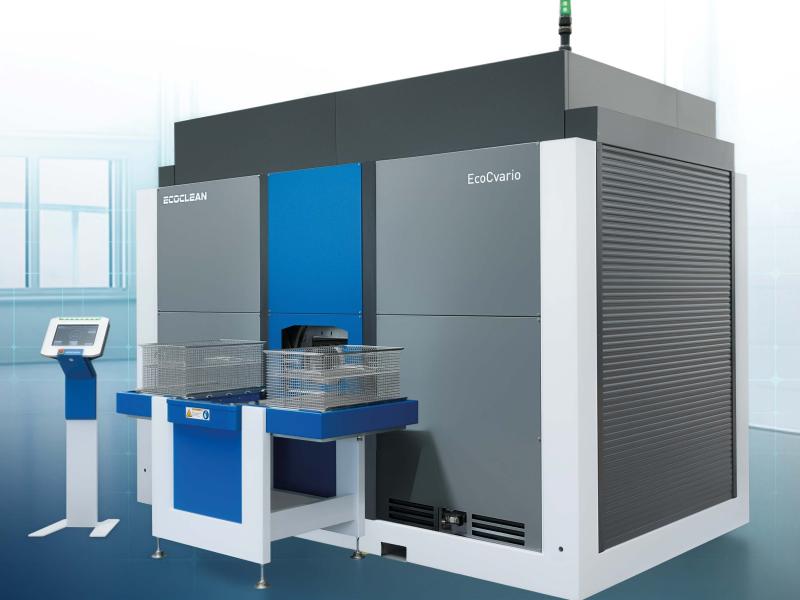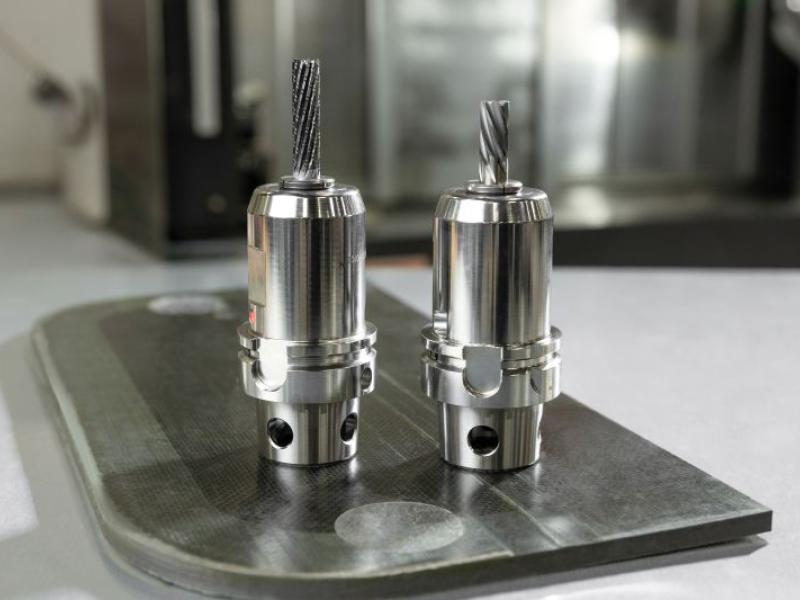~ The advantages of remanufacturing ~
According to SKF, it takes approximately 100 process steps to produce a new bearing, compared to roughly ten for a remanufactured bearing. It’s no surprise, therefore, that there has been an increasing demand for remanufactured bearings in heavy duty industrial applications. Here Chris Johnson, managing director at bearing relubrication specialist SMB Bearings, explores this attractive alternative to bearing replacement.
If a bearing becomes worn, due to misalignment, false brinelling or corrosion, for example, the most common approach is to replace the entire component. However, there is another option using a remanufacturing process to restore the component back to working life. As the name suggests, remanufacturing involves rebuilding a bearing to either meet or exceed the specifications of the original manufactured product. This can use a combination of reused, repaired and new parts.
Bearings with more than 30 per cent of their remaining service life can be remanufactured. This can offer a practical and crucially, environmentally sustainable alternative for industrial sectors such as pulp and paper, food and beverage, mining and marine. The key is knowing when to opt for remanufacturing and which approach will yield more cost-savings in the long run.
Are the cost saving benefits worth it?
Large bearings such as spherical roller bearings, deep groove ball bearings, tapered roller bearings, caster bearings and slewing bearings are good candidates for remanufacturing. Consider this as an example. If a large industrial bearing in a pumping system failed unexpectedly before the end of its service life, remanufacturing could increase the life cycle of the bearing by more than 50 per cent and provide up to 60 per cent savings compared to the cost of a new bearing. In this scenario, the advantages of remanufacturing are undeniable.
In contrast, for smaller bearings, such as the EZO miniature bearings supplied by SMB Bearings, it is not considered cost effective. But, depending on the condition, complexity, price and application of larger bearings, remanufacturing may offer a favourable cost-benefit. That being said, smaller bearings can benefit from services such as relubrication, which can extend a bearing’s service life and improve operational performance at an affordable price point.
Similarly, relubrication is important if you want to take old, healthy bearings and use them for another application. This kind of smart recycling can save businesses money compared with continually buying new bearings.
A question of environmental sustainability
Improved performance characteristics is not however the only advantage. Remanufacturing bearings has a positive impact on the environment too, as it reduces the unwanted use of natural resources and the disposal of components when they become damaged or fail. Instead of the make-use-dispose industrial model, remanufacturing feeds into the circular economy model by recovering and regenerating products and materials.
The energy requirement for remanufacturing is as low as 90 per cent when compared to the production of a new bearing. It also minimises the need for new raw material, and therefore can also offer quicker manufacturing turn arounds. For specialised industrial bearings, it could take weeks for a replacement to arrive. On the contrary, remanufacturing can reduce lead times significantly, increasing machine up time and profit. Remanufacturing also allows facilities to maintain better machine availability and reduce stock.
While not all bearings are suitable for remanufacture, in many instances this is an economically viable route that extends a bearing’s service life, reduces maintenance costs and supports sustainability. Relubrication on the other hand, is arguably a good middle ground for most bearing types, and should be considered if old bearings are healthy, but are no longer required for their original application.
For further information about SMB Bearings’ relubrication services or to discover more about its range of miniature, stainless steel, ceramic and plastic bearings, visit the website.






